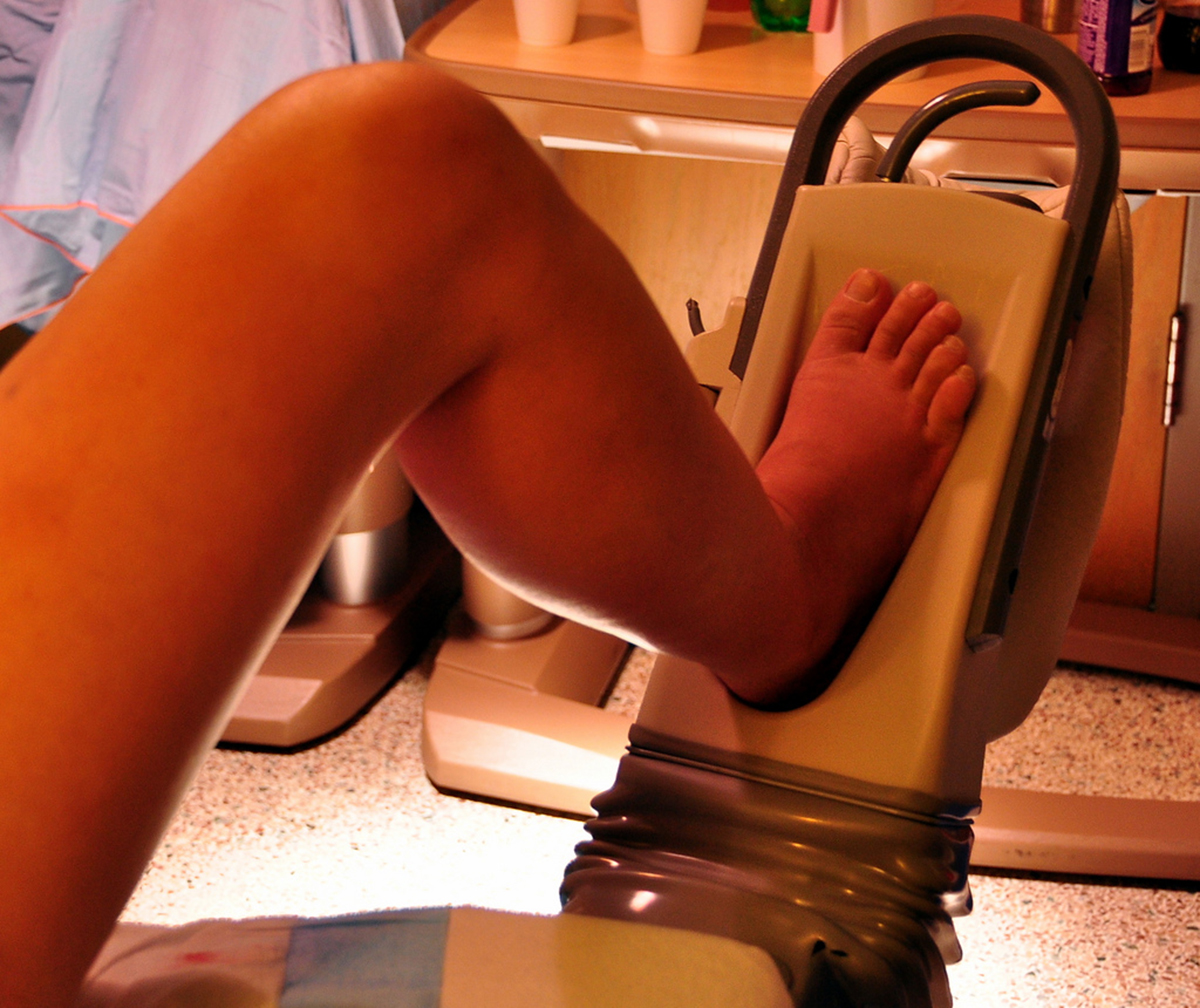Table of Contents
5. Uterine Fibroids
Uterine fibroids, unlike uterine polyps, form within the uterus' muscular wall. Though benign, they can lead to heavy menstrual periods, prolonged bleeding, and bleeding during unusual times — including right after your period finished. A visibly bloated abdomen, and feeling of pressure within the abdomen, pain while engaging in sexual intercourse, urinary urgency, and pain in the back and legs are among the symptoms you may experience if you are suffering from uterine fibroids.

6. Infection
Common sexually transmitted diseases such as chlamydia and gonorrhea can sometimes lead to bleeding between periods in the early stages. STDs that go untreated for a prolonged amount of time can develop into pelvic inflammatory disease, which wreaks havoc on the reproductive system and can cause bleeding as well as chronic pain and infertility.
Not all infections of the reproductive system are sexually transmitted, however, and even yeast infections can lead to light spotting.
7. Rough Sex
We've got to mention it — particularly vigorous and enthusiastic intercourse can indeed do some damage. Positions that cause the cervix to take a hit are especially likely to result in some post-coital spotting. We are, mind you, talking about minor spotting here and not period-level bleeding.
8. Endometriosis
Endometriosis is a condition in which the endometrium, the tissue that would under normal circumstances line only your uterus, also grows within other reproductive structures such as the ovaries and fallopian tubes. Besides causing pain, pain, pain (during periods, during bowel movements, during sex, you name it), endometriosis can also lead to infertility, heavy bleeding during periods, and bleeding between periods. If besides recognizing these symptoms you're also pretty tired most of the time, have noticed abdominal bloating, and feel nauseous quite often, well, it's time to give your OBGYN a call.
9. Reproductive Cancers
Cervical, uterine, and ovarian cancer can all lead to abnormal vaginal bleeding. Cancer is of course the diagnosis most women will fear most. Though you're much more likely to be dealing with a different problem, know that the sooner you are diagnosed, the better your prognosis if you do have cancer.
Other Causes Of Bleeding After Your Period Just Finished
The perimenopause could be leading to highly irregular cycles, and yes, some women experience premature menopause as early as their 20s. Vaginal dryness can be the culprit if you're experiencing light-ish spotting, and retained endometrial tissue may be behind a heavier bleeding that takes place after you (thought you) finished your period. You could also be suffering from thyroid issues, or a medication you're taking could be the reason you're bleeding again.
If you feel like you're going to pass out or experience sharp pain at any point, visiting the ER is in order.
READ Bleeding Between Periods - Causes
Though your vaginal bleeding may be caused by something as innocent as forgetting to take a birth control pill, it's better to be safe than sorry.
- Photo courtesy of Rosemarie Voegtli via Flickr: www.flickr.com/photos/rvoegtli/5860921872
- Photo courtesy of Rosemarie Voegtli via Flickr: www.flickr.com/photos/rvoegtli/5860921872
- Photo courtesy of Tim Waclawski via Flickr: www.flickr.com/photos/45467538@N00/5027883543


Your thoughts on this